Premier Li Qiang has called for stronger steps to bolster the growth of China's border regions, consolidate the outcomes from the poverty alleviation campaign and enable the people and regions to become more prosperous.
Speaking during a three-day fact-finding trip to the Guangxi Zhuang autonomous region and Yunnan province, which started on Monday, Li reiterated the need for the nation to focus on high-quality development and foster a new development pattern.
The premier visited Fusui county in Chongzuo, a city in Guangxi, where he spoke with farmers who have shaken off poverty and learned about how they had increased their income.
He urged local authorities to enable more farmers to find jobs and start new businesses near their homes by taking advantages of local resources, strengthening science and technology support, and developing relevant industries.
Li also visited an industrial park in Pingxiang, a Guangxi city bordering Vietnam, and learned about the development of cross-border industries and trade.
He stressed the need to offer a more enabling environment in infrastructure and services, and improve the level of smart customs clearance to expedite the growth of the manufacturing, trade and logistics sectors.
The premier's next stop was Mengla county, Xishuangbanna Dai autonomous prefecture in Yunnan province, which borders Laos.
In talks with villagers in a township, Li called for tailored measures to develop agriculture with local characteristics and rural tourism to advance rural vitalization and help farmers increase their income.
He inspected the Mohan-Boten Economic Zone, a project aiming to promote trade, economic and industrial cooperation between China and Laos. He encouraged its operators to bring together more industries and attain win-win cooperation from greater strides in opening-up.
While presiding over a symposium with officials in Yunnan, Li reiterated the significance of enabling alignment between the outcomes from the poverty alleviation campaign, which lifted 98.99 million rural residents out of poverty, and the rural vitalization strategy.
To help more rural residents increase their income, the government must help them explore the potential to obtain higher income from their farm operations and jobs as migrant workers, he said.
The nation's border regions should amplify their comparative strengths, synergize their policies, quicken steps to attract high-quality projects and lead the nation in opening-up, he added.









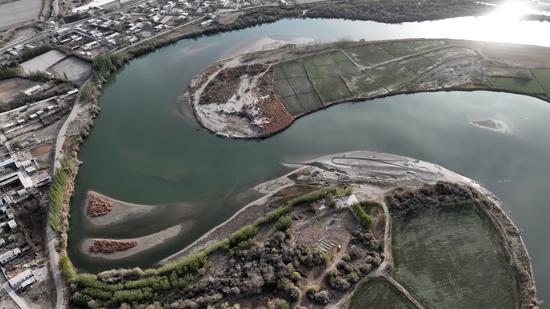









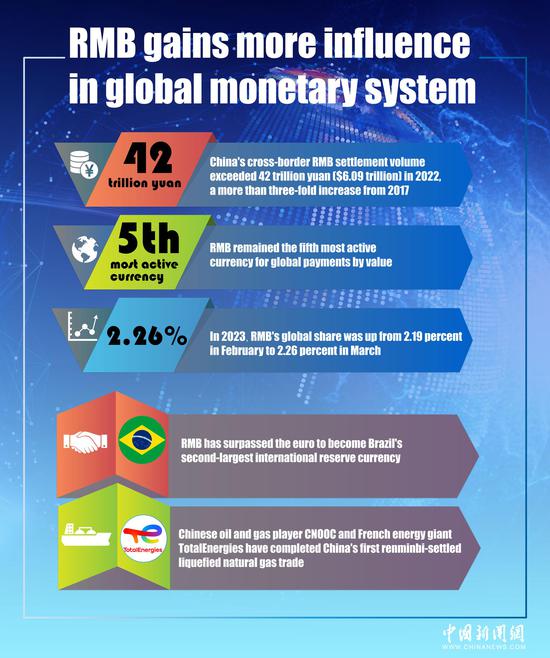






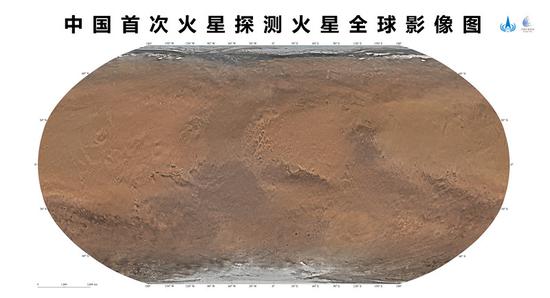



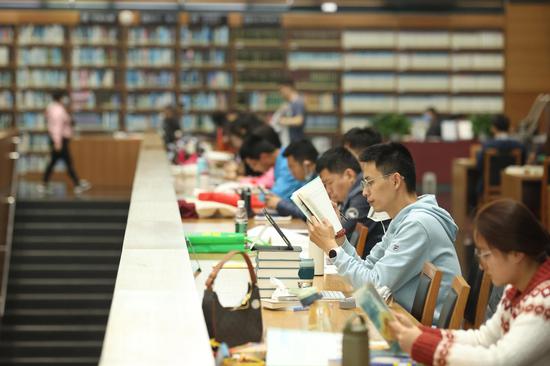




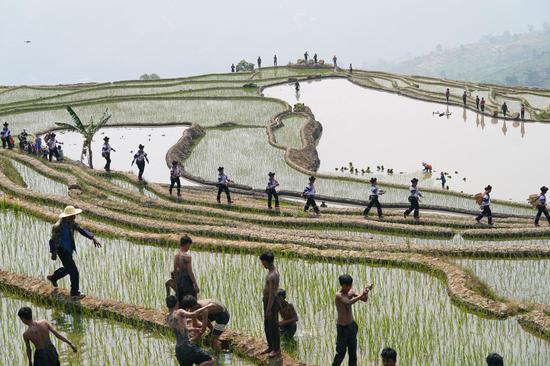

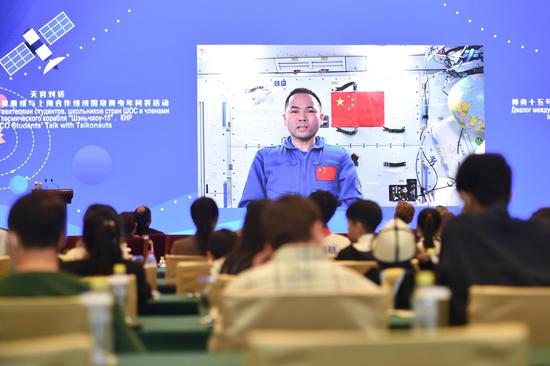


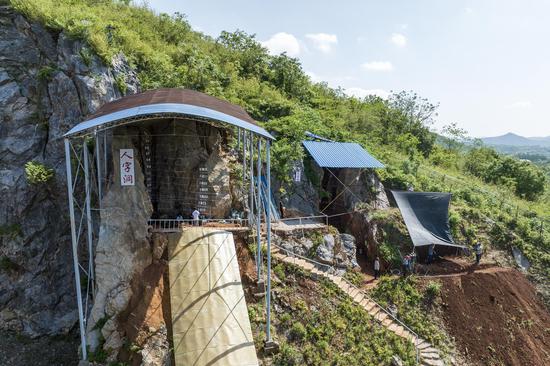

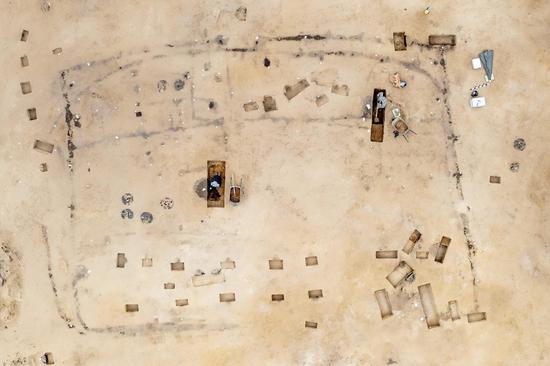

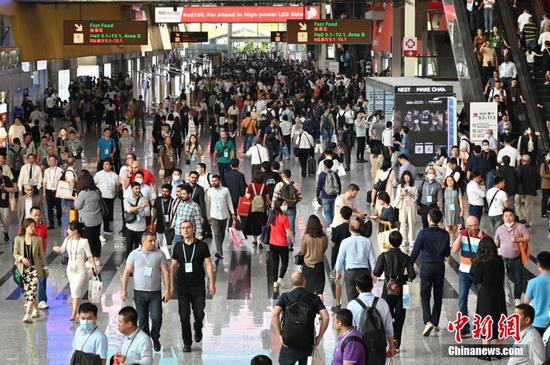





 京公网安备 11010202009201号
京公网安备 11010202009201号